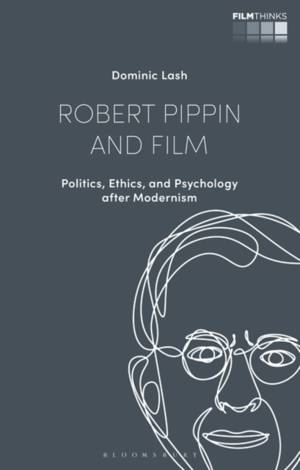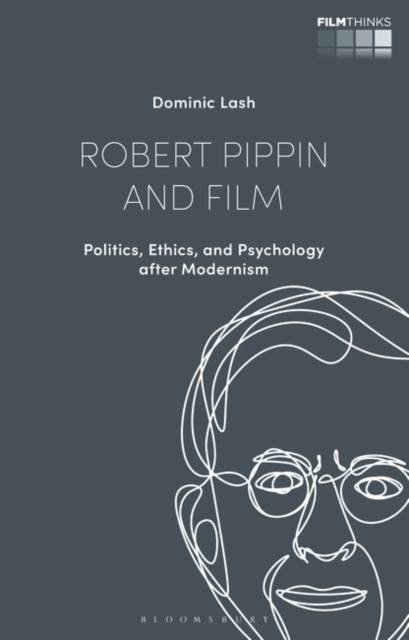
- Afhalen na 1 uur in een winkel met voorraad
- Gratis thuislevering in België vanaf € 30
- Ruim aanbod met 7 miljoen producten
- Afhalen na 1 uur in een winkel met voorraad
- Gratis thuislevering in België vanaf € 30
- Ruim aanbod met 7 miljoen producten
Zoeken
€ 69,45
+ 138 punten
Uitvoering
Omschrijving
Robert Pippin (1948- ) is a major figure in contemporary philosophy, having published influential work on thinkers including Kant, Hegel, and Nietzsche. He is also an original thinker about - and critic of - film who has written books and numerous articles on canonical subjects such as the Western, Film Noir, and Hitchcock's Vertigo.
In Robert Pippin and Film, Dominic Lash demonstrates the ways that film has been crucial to Pippin's thought on important philosophical topics such as political psychology, ethics, and self-knowledge. He also explores the implications of Pippin's methodological commitments to clear language and to maintaining close contact with the details of the films in question. In so doing, Lash brings Pippin's work on film to a wider audience and contributes to current debates both within film studies and beyond. This includes those concerning the relationships between film and philosophy, criticism and aesthetics, and individual subjectivity and political consciousness. Lash focuses on Pippin's major works on film - Hollywood Westerns and American Myth (2010), Fatalism in American Film Noir (2012), The Philosophical Hitchcock (2017), and Filmed Thought (2020) as well as his many shorter writings on film.Specificaties
Betrokkenen
- Auteur(s):
- Uitgeverij:
Inhoud
- Aantal bladzijden:
- 280
- Taal:
- Engels
- Reeks:
Eigenschappen
- Productcode (EAN):
- 9781350290167
- Verschijningsdatum:
- 24/08/2023
- Uitvoering:
- Paperback
- Formaat:
- Trade paperback (VS)
- Afmetingen:
- 140 mm x 216 mm
- Gewicht:
- 326 g

Alleen bij Standaard Boekhandel
+ 138 punten op je klantenkaart van Standaard Boekhandel
Beoordelingen
We publiceren alleen reviews die voldoen aan de voorwaarden voor reviews. Bekijk onze voorwaarden voor reviews.







